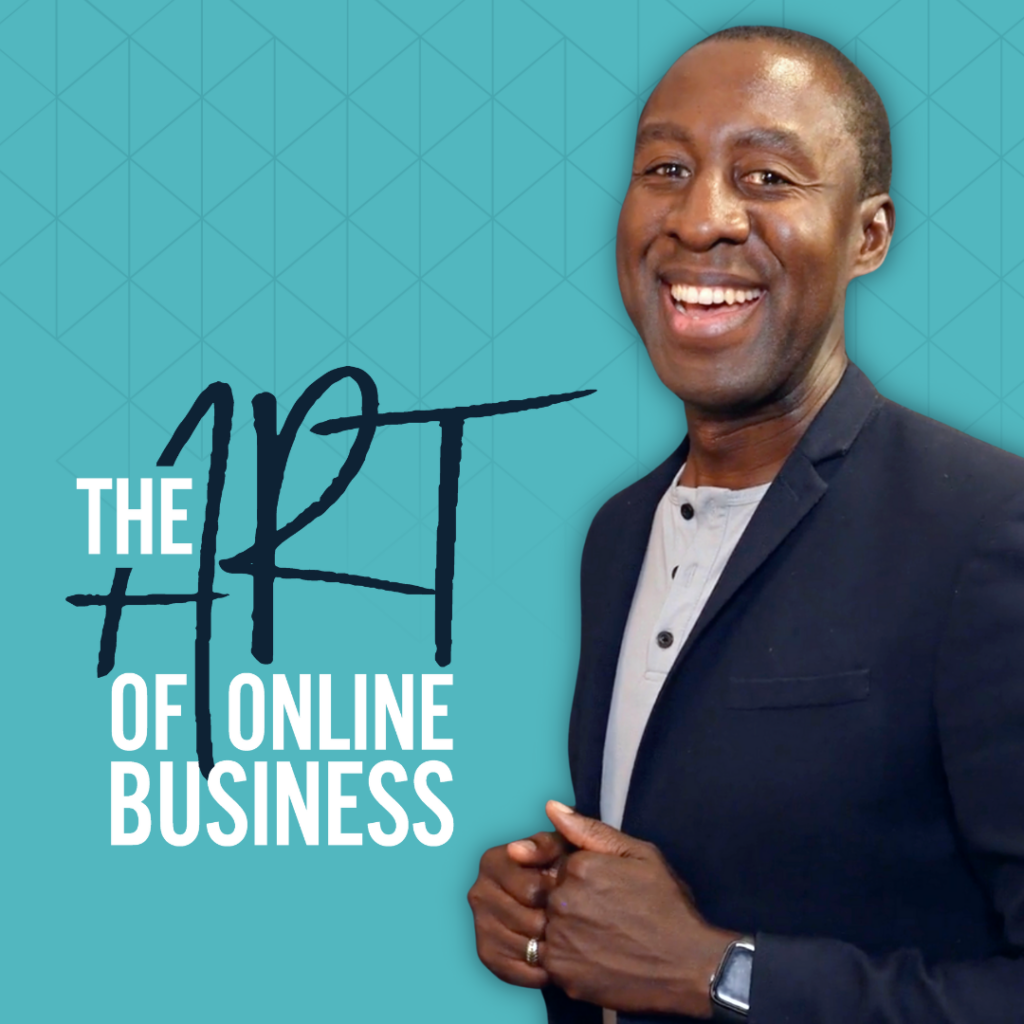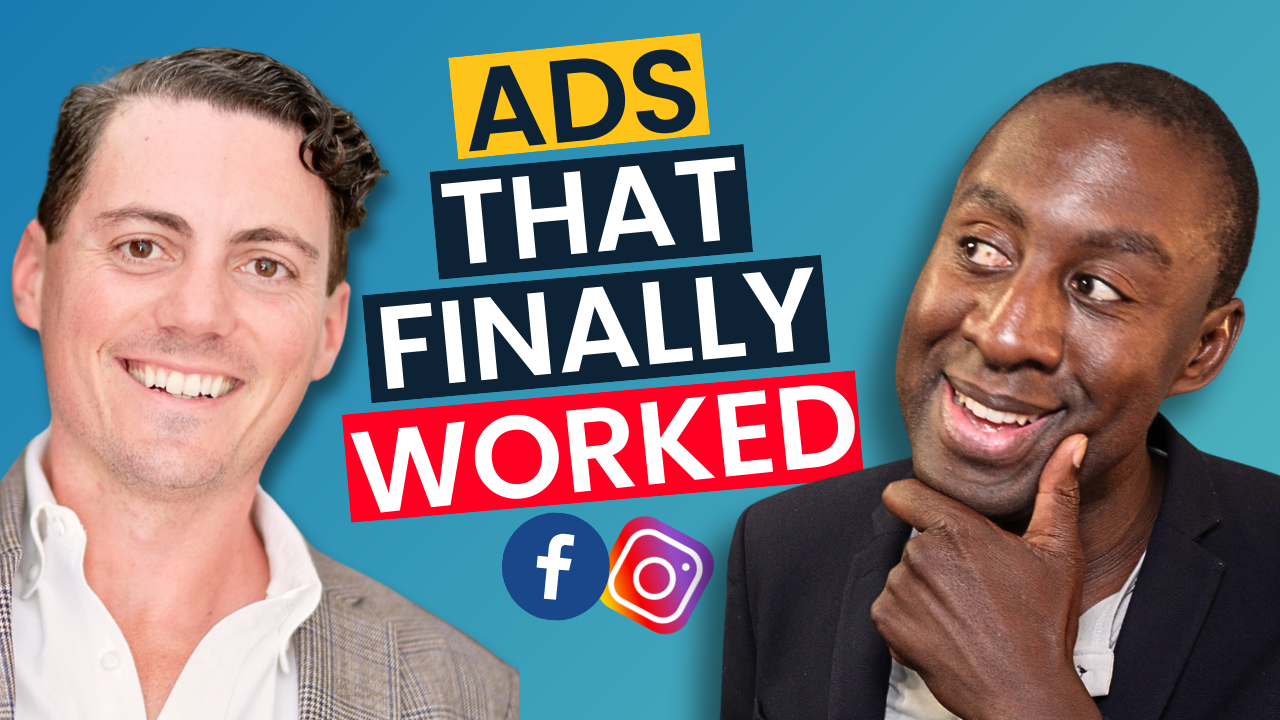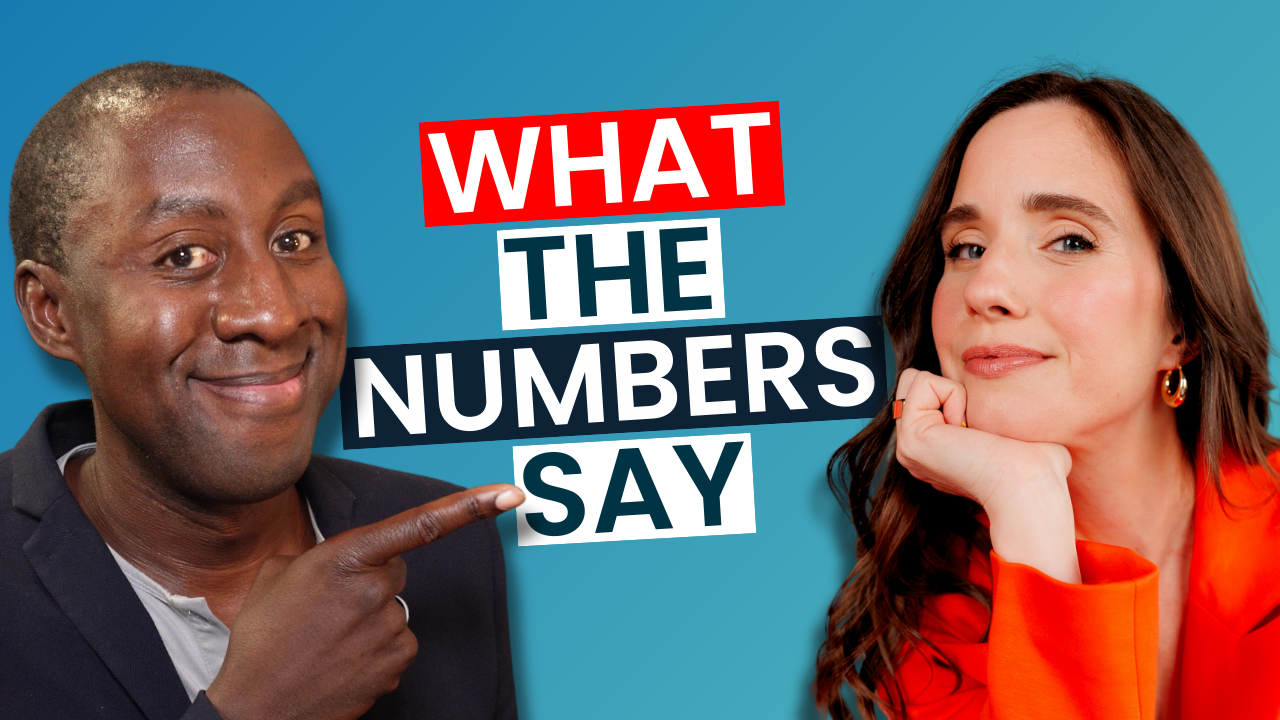Everybody talks about revenue, right? But what no one really talks about is profit.
- Cut your lead gen costs in HALF with my $37 mini-course–NOW only $17!
- Visit The Art of Online Business website for Facebook Ads help
I’ve invited on my bookkeeper, Emily Sandberg. In addition to being a bookkeeper, she’s a Certified Life Coach through the Life Coach School. She has completely transformed how I look at the numbers in my business, and we’ve never been more financially healthy.
I asked her to share with us how she looks at online businesses from a financial perspective. We talk about how to plan for profit in your business, how much you should keep in your business account, money mindset, a new way to think about how you price your offers, and at what point you should consider bringing on a bookkeeper.
We’re challenging beliefs around what it means to have a seven-figure business as opposed to, a few-hundred-thousand-dollar business. Emily also shares an example of one of her clients who was doing $1.2 million in business, yet they were losing $20,000 a month.
Please click here to give an honest Rating/Review for the show on iTunes! Thanks for your support!
Kwadwo [QUĀY.jo] Sampany-Kessie’s Links:




